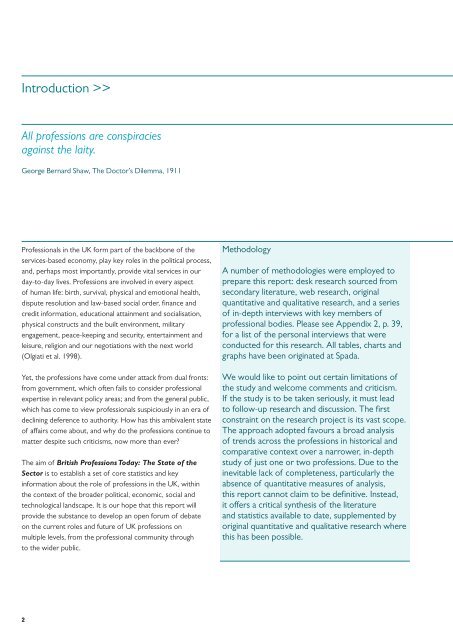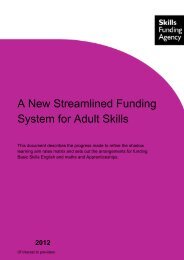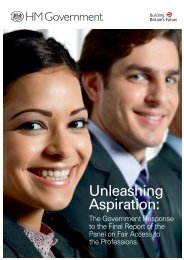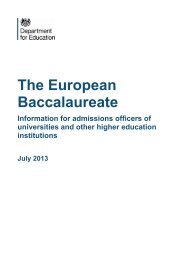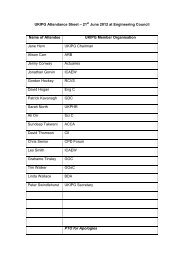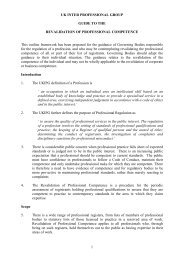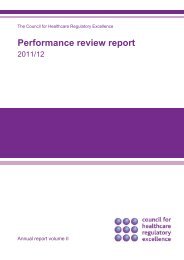BRITISH PROFESSIONS TODAY: THE STATE OF ... - Property Week
BRITISH PROFESSIONS TODAY: THE STATE OF ... - Property Week
BRITISH PROFESSIONS TODAY: THE STATE OF ... - Property Week
You also want an ePaper? Increase the reach of your titles
YUMPU automatically turns print PDFs into web optimized ePapers that Google loves.
Introduction >><br />
All professions are conspiracies<br />
against the laity.<br />
George Bernard Shaw, The Doctor’s Dilemma, 1911<br />
Professionals in the UK form part of the backbone of the<br />
services-based economy, play key roles in the political process,<br />
and, perhaps most importantly, provide vital services in our<br />
day-to-day lives. Professions are involved in every aspect<br />
of human life: birth, survival, physical and emotional health,<br />
dispute resolution and law-based social order, finance and<br />
credit information, educational attainment and socialisation,<br />
physical constructs and the built environment, military<br />
engagement, peace-keeping and security, entertainment and<br />
leisure, religion and our negotiations with the next world<br />
(Olgiati et al. 1998).<br />
Yet, the professions have come under attack from dual fronts:<br />
from government, which often fails to consider professional<br />
expertise in relevant policy areas; and from the general public,<br />
which has come to view professionals suspiciously in an era of<br />
declining deference to authority. How has this ambivalent state<br />
of affairs come about, and why do the professions continue to<br />
matter despite such criticisms, now more than ever?<br />
The aim of British Professions Today: The State of the<br />
Sector is to establish a set of core statistics and key<br />
information about the role of professions in the UK, within<br />
the context of the broader political, economic, social and<br />
technological landscape. It is our hope that this report will<br />
provide the substance to develop an open forum of debate<br />
on the current roles and future of UK professions on<br />
multiple levels, from the professional community through<br />
to the wider public.<br />
Methodology<br />
A number of methodologies were employed to<br />
prepare this report: desk research sourced from<br />
secondary literature, web research, original<br />
quantitative and qualitative research, and a series<br />
of in-depth interviews with key members of<br />
professional bodies. Please see Appendix 2, p. 39,<br />
for a list of the personal interviews that were<br />
conducted for this research. All tables, charts and<br />
graphs have been originated at Spada.<br />
We would like to point out certain limitations of<br />
the study and welcome comments and criticism.<br />
If the study is to be taken seriously, it must lead<br />
to follow-up research and discussion. The first<br />
constraint on the research project is its vast scope.<br />
The approach adopted favours a broad analysis<br />
of trends across the professions in historical and<br />
comparative context over a narrower, in-depth<br />
study of just one or two professions. Due to the<br />
inevitable lack of completeness, particularly the<br />
absence of quantitative measures of analysis,<br />
this report cannot claim to be definitive. Instead,<br />
it offers a critical synthesis of the literature<br />
and statistics available to date, supplemented by<br />
original quantitative and qualitative research where<br />
this has been possible.<br />
2


